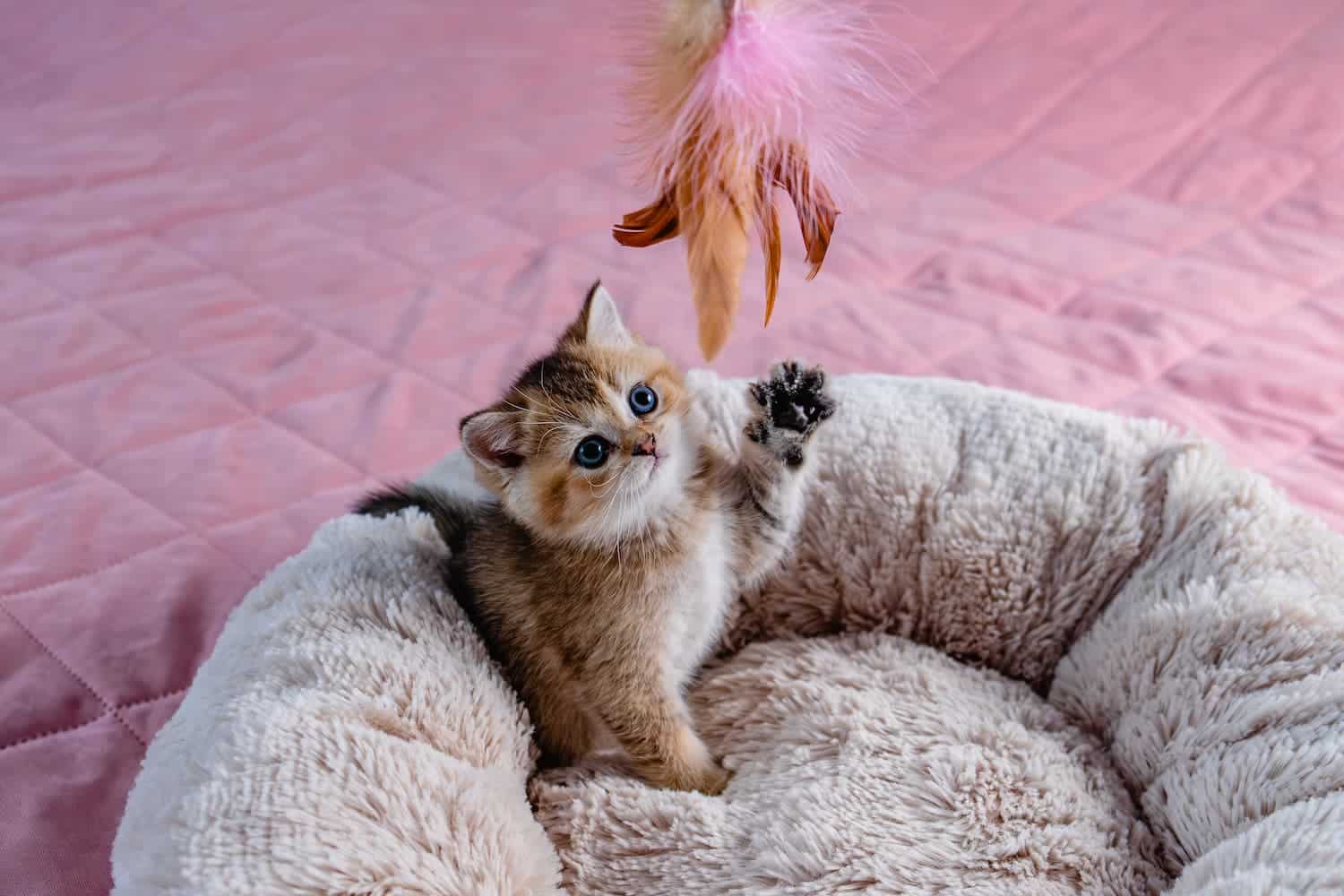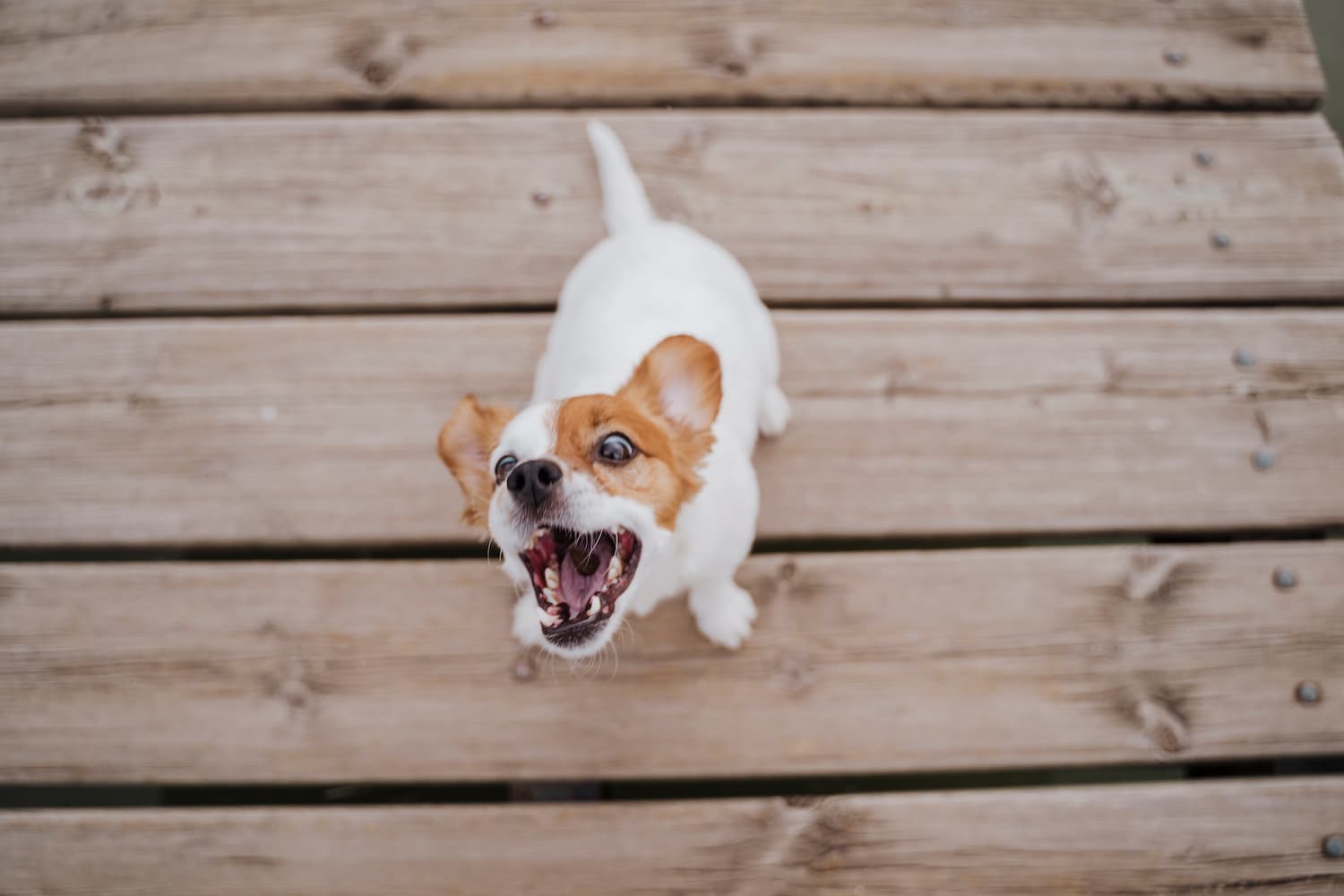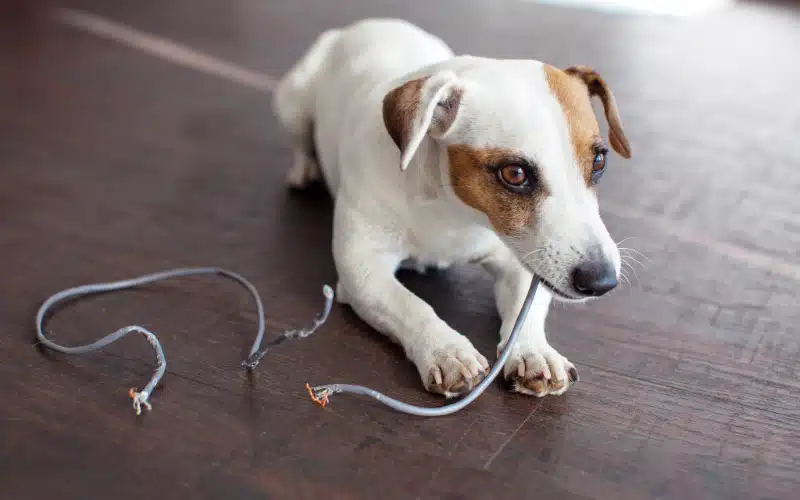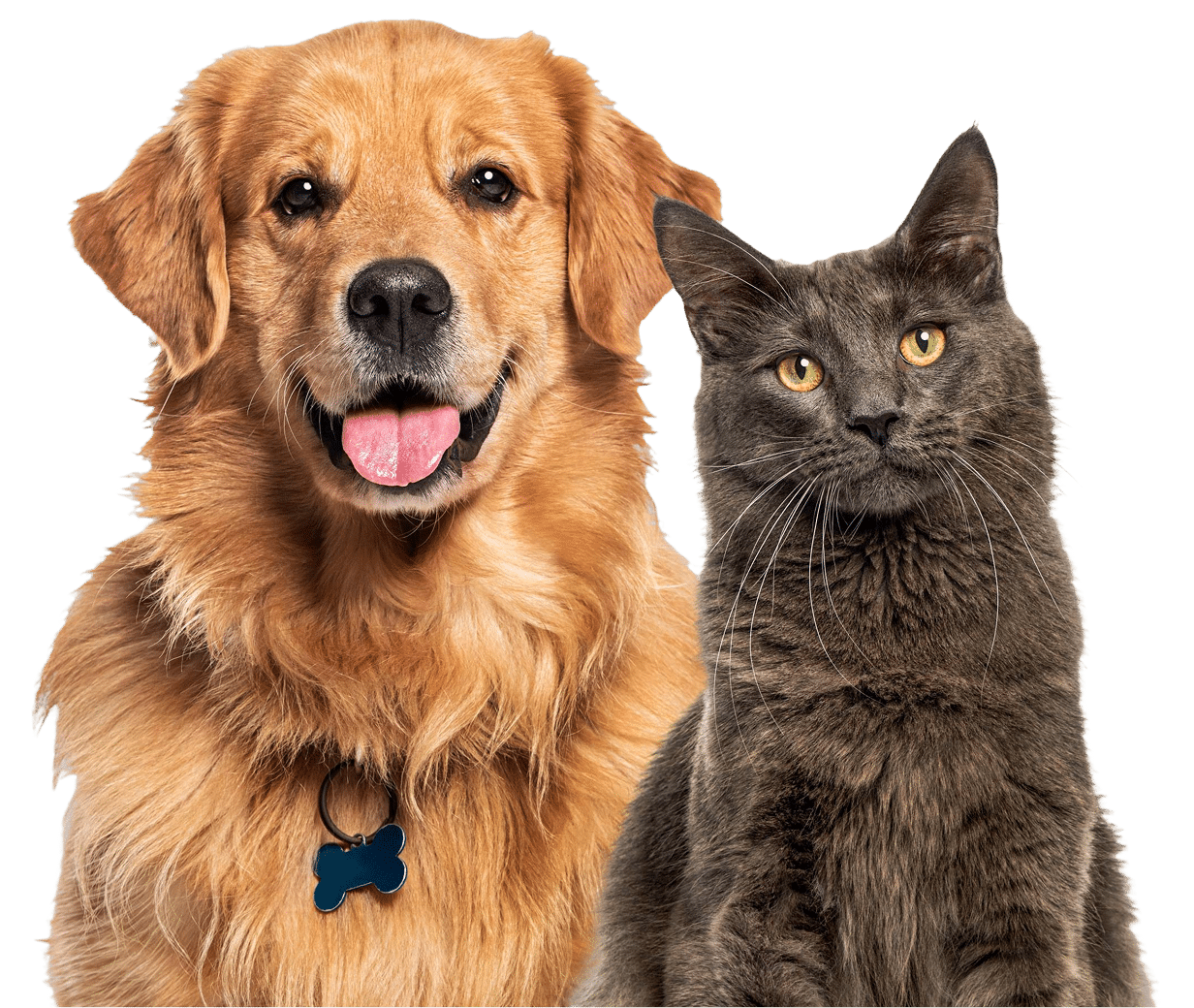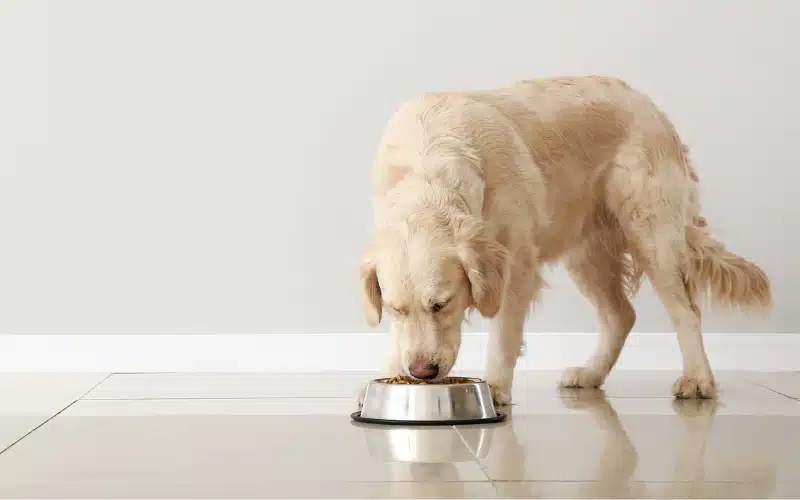
Battling Bloat: A Guide to Understanding and Recognizing GDV
Our pets can’t tell us when they’re sick or injured, which is why it’s so important to be in tune with what is normal, or not, for your pets. But gastric dilatation volvulus (GDV), has signs and symptoms that are hard to ignore. Keep reading as we dive deeper into what GDV is, ways to help prevent it from happening, how to recognize your pet may be in trouble, and how Animal Emergency Hospital Volusia can help.
What is Gastric Dilatation Volvulus?
GDV, also known as bloat or “twisted stomach”, can be a life-threatening emergency and requires immediate medical care. In its early stage, the stomach fills with gas, causing a simple gastric dilatation or “bloat”. If it worsens, a GDV, the gas-filled stomach twists upon itself so that both the entrance and exit of the stomach become blocked. This requires emergency surgery to correct.
It is most prevalent in large, deep-chested male dogs like German Shepherds, Irish Setters, Great Danes, and Standard Poodles, although can happen to any animal.
Bloat can progress very quickly, so look out for the following red flags:
- Distended or swollen and tender abdomen
- Dry heaving
- Excessive drooling or saliva production/foaming at the mouth
- Rapid or labored breathing
- Restlessness
- Retching
If your dog is displaying any of these signs, don’t wait. Bring them to your local animal emergency hospital as quickly as possible so they can get the help they need.
Ways to Prevent Bloat
GDV can be a very scary event for both pets and pet parents, but there are ways to minimize the risk of it developing in the first place.
- Monitor your pet’s eating habits. Make sure they aren’t eating or drinking too quickly. Preventing dogs from “wolfing down their food” by feeding from a puzzle feeder or adding a tennis ball to their bowl.
- Wait to exercise your pet at least an hour after they have eaten a meal.
- If your pet’s mealtime comes after an exercise session, wait at least an hour for your pet’s body to regulate and calm down before feeding them.
- Keep an eye on your pet’s weight. Overweight and underweight pets are more susceptible to bloat due to differences in their abdominal cavities.
You’ve Come to The Right Place
At AEHV, we are equipped to diagnose and treat dogs with GDV 24-hours a day. We care deeply about the health and well-being of your pet and are always ready to help. Our emergency veterinarians and professional support team are skilled to perform this emergency surgery and your pet can remain hospitalized in our ICU during their recovery with round-the-clock monitoring.
If you have any questions regarding your pet’s health or believe they may be experiencing a medical emergency like bloat, please call our team at 386-252-0206.
